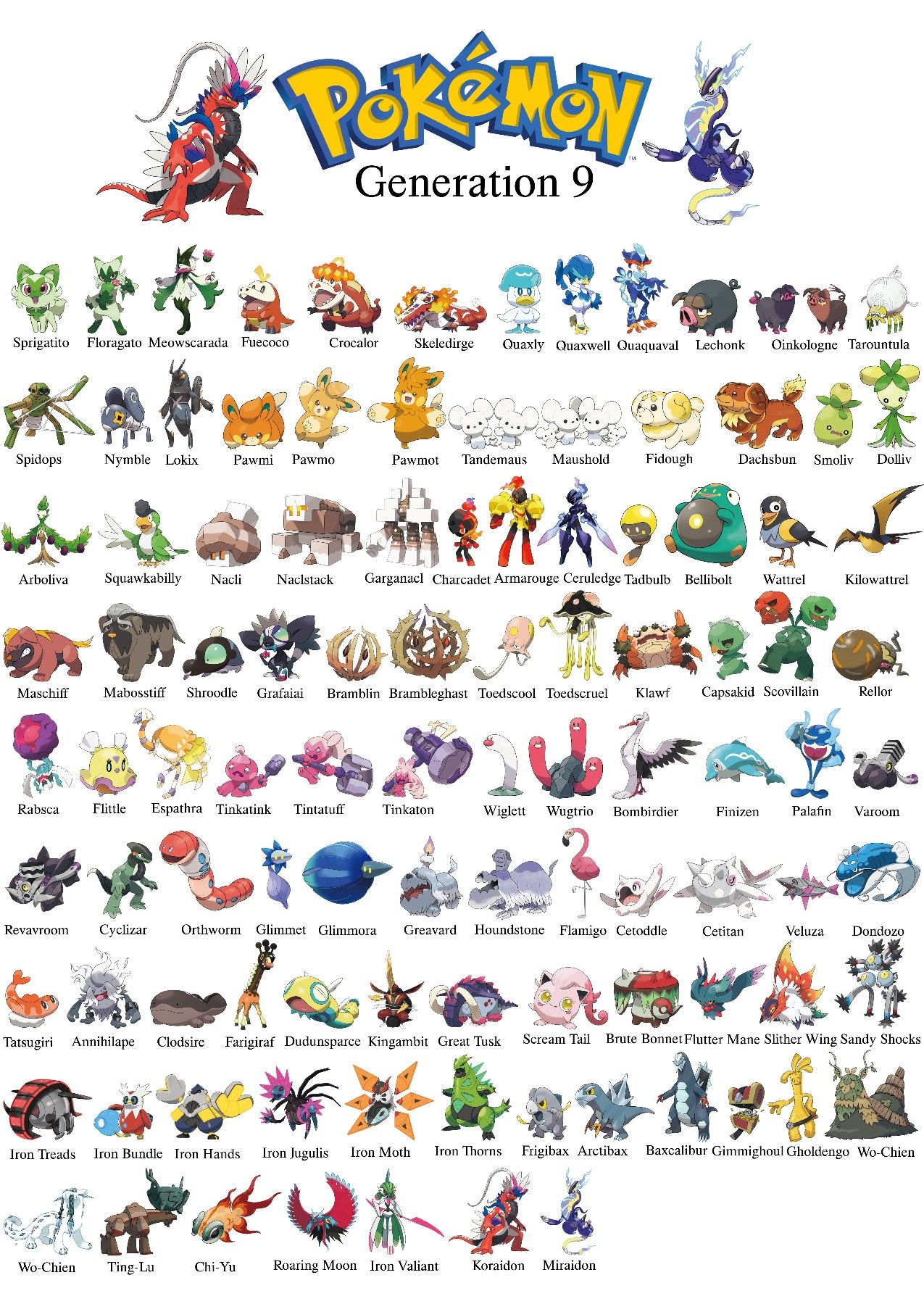Navigating The German Election: Understanding The Candidates And Parties

Table of Contents
The Major Parties Contesting the German Election
Germany's multi-party system offers a diverse range of political choices. Several key parties consistently play significant roles in the German political landscape, each with distinct ideologies and party platforms reflected in their election manifestos. Let's examine the leading contenders:
CDU/CSU (Christian Democratic Union/Christian Social Union)
The CDU/CSU, a center-right alliance, is traditionally a dominant force in German politics. Their political stance generally favors a market-oriented economy with a strong emphasis on fiscal responsibility. Key policies often include strengthening the social safety net while promoting economic growth. Prominent candidates are typically drawn from the ranks of experienced politicians.
- Key Promises and Positions:
- Stable economic growth through responsible fiscal policies
- Strengthening the social market economy
- Modernizing infrastructure and digitalization
- A balanced approach to European integration
SPD (Social Democratic Party)
The SPD, a center-left party, advocates for a more socially just and equitable society. Their political stance emphasizes social welfare programs, workers' rights, and environmental protection. Key policies often focus on strengthening social security, investing in education and infrastructure, and promoting sustainable development.
- Key Promises and Positions:
- Strengthening social security and welfare programs
- Investing in education, training, and digital infrastructure
- Promoting renewable energy and climate protection
- Fairer distribution of wealth and income
Bündnis 90/Die Grünen (Alliance 90/The Greens)
The Greens are a left-leaning party focused on environmental protection and social justice. Their political stance emphasizes sustainable development, climate action, and human rights. Key policies include ambitious climate targets, investment in renewable energy, and promotion of social equality.
- Key Promises and Positions:
- Ambitious climate protection policies and transition to renewable energy
- Social justice reforms, including improved income equality
- Investment in public transportation and sustainable infrastructure
- Strengthening international cooperation on environmental and human rights issues
FDP (Free Democratic Party)
The FDP, a liberal party, prioritizes economic liberalism and individual freedom. Their political stance emphasizes free markets, deregulation, and limited government intervention. Key policies often focus on reducing taxes, promoting competition, and strengthening free trade.
- Key Promises and Positions:
- Tax cuts and reduction of government bureaucracy
- Promotion of free markets and competition
- Strengthening individual liberties and civil rights
- Pro-European stance focused on economic integration
AfD (Alternative for Germany)
The AfD is a right-wing populist party. Their political stance often includes Euroscepticism, concerns about immigration, and a focus on national interests. It's crucial to note that their views and policies are controversial and often subject to public debate.
- Key Promises and Positions:
- Stricter immigration policies
- Critical stance towards the European Union
- Focus on national sovereignty and security
- Emphasis on traditional values
Key Candidates and Their Platforms
The German Election will see prominent candidates from each major party vying for the Chancellorship. Understanding their backgrounds and policy positions is key to informed voting. (Insert images of leading candidates here). Each candidate's election campaign will focus on specific issues within their party's platform, but the overall themes usually remain consistent. Further research into individual candidate stances will be critical for voters.
Understanding the German Electoral System
Germany utilizes a mixed-member proportional representation system. This means voters cast two votes: one for a candidate in their constituency (first-past-the-post), and one for a party list. The party list vote determines the overall distribution of seats in parliament, ensuring proportionality. Understanding the German election system is important in interpreting election results and predicting government formation.
Important Issues in the German Election
Several critical issues shape the German Election debate. Climate change, the economy, immigration, and healthcare are consistently at the forefront, with each party offering distinct approaches. The different party platforms offer varying solutions, shaping their election campaigns. Researching the specifics of each party's stances on these pressing issues will help voters make informed decisions.
- Climate Change: Policies range from ambitious emissions reduction targets to more gradual approaches.
- Economy: Debates center around fiscal policy, investment strategies, and social welfare programs.
- Immigration: Different parties have diverse approaches to managing immigration flows and integration policies.
- Healthcare: Disagreements exist on funding models, access, and the role of private versus public healthcare.
Navigating the German Election – Your Next Steps
This article provided a crucial overview of the major parties and candidates in the German Election, highlighting their key policies and the complexities of the electoral system. Remember, understanding the German election is your civic duty. To prepare for the German election and make an informed choice, further research into individual candidates and their detailed party platforms is strongly encouraged. Learn more about the German election process and cast your vote! The outcome of this German election will significantly impact Germany and Europe for years to come.

Featured Posts
-
 Societe Generale Kohler Nomme Directeur General Adjoint Un Tournant Pour La Banque
May 14, 2025
Societe Generale Kohler Nomme Directeur General Adjoint Un Tournant Pour La Banque
May 14, 2025 -
 R Sociedad Vs Sevilla Minuto A Minuto De La Fecha 27 De La Liga
May 14, 2025
R Sociedad Vs Sevilla Minuto A Minuto De La Fecha 27 De La Liga
May 14, 2025 -
 La Tragedia Haitiana Analisis Del Sociologo Danny Shaw Y La Ausencia De Apoyo De Trump
May 14, 2025
La Tragedia Haitiana Analisis Del Sociologo Danny Shaw Y La Ausencia De Apoyo De Trump
May 14, 2025 -
 Who Will Host Eurovision 2025 A Comedian In The Mix
May 14, 2025
Who Will Host Eurovision 2025 A Comedian In The Mix
May 14, 2025 -
 Best Grass Starter Pokemon A Ranked List For Every Generation
May 14, 2025
Best Grass Starter Pokemon A Ranked List For Every Generation
May 14, 2025
Latest Posts
-
 Migrant Libyen Sous Oqtf Interpelle Apres Viol Dans Le Marais A Paris
May 14, 2025
Migrant Libyen Sous Oqtf Interpelle Apres Viol Dans Le Marais A Paris
May 14, 2025 -
 Divida Da Independencia Franca Finalmente Reconhece Injustica Contra O Haiti
May 14, 2025
Divida Da Independencia Franca Finalmente Reconhece Injustica Contra O Haiti
May 14, 2025 -
 Paris Viol Dans Le Marais Un Migrant Libyen Sous Oqtf Interpelle
May 14, 2025
Paris Viol Dans Le Marais Un Migrant Libyen Sous Oqtf Interpelle
May 14, 2025 -
 Franca Reconhece Injustica Historica Da Divida Haitiana
May 14, 2025
Franca Reconhece Injustica Historica Da Divida Haitiana
May 14, 2025 -
 Fraude Sncf Et Exhibition Sexuelle Gare Du Nord Un Homme En Oqtf Arrete
May 14, 2025
Fraude Sncf Et Exhibition Sexuelle Gare Du Nord Un Homme En Oqtf Arrete
May 14, 2025
